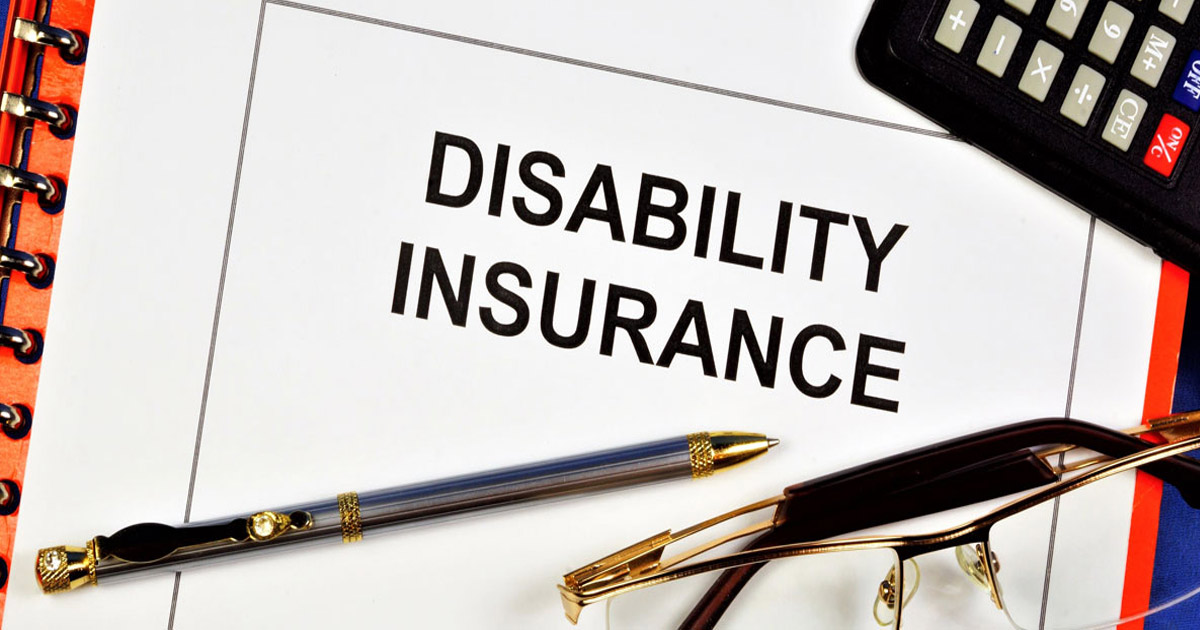How to File for Temporary Disability Benefits in Maryland Workers’ Compensation?
June 22, 2023
Temporary total disability is when a worker cannot work, but their injuries are not expected to be permanent. For example, when employees break their leg on the job, they are expected to recover fully under most circumstances. However, if their job involves any type of physical labor, they cannot work until they fully recover. Another example of a temporary total disability is a severe back injury that requires surgery. While the surgery may completely repair the damage, you would be off your feet until then.
In other words, temporary total disability represents the healing period until you are better. You could be entitled to Workers’ Compensation benefits during that period.
Temporary total disability can be a precursor of three potential outcomes:
- You are fully able to return to work.
- You can no longer work at all.
- You would be able to return to work partially.
The insurance company may make a determination after you have reached the point of maximum medical improvement (MMI). You would be given a medical examination to determine your physical abilities and how much work you could perform.
The Maryland Workers’ Compensation program will likely pay you benefits when you cannot work at all or when you cannot work to the extent that you were before the injury. Your benefits would consist of two major parts:
- Reasonable medical expenses to treat your work-related injury.
- A portion of your lost wages.
Your claim would need to be approved to receive Workers’ Compensation benefits. You must follow a process before the insurance company issues a decision that would grant or deny your claim.
The first thing that you must do before you can file a claim is to notify your employer of your injury. You have only 10 days from the injury in Maryland to inform your employer. Maryland law does not require this report to be in writing, but you are better off when you have some documentation showing you reported in case the employer disputes that you gave them notice.
You may have some challenges when you are suffering from an ongoing condition. For instance, if your work-related injury is tendonitis or carpal tunnel syndrome, there may be a question of when you need to make the report to your employer. The insurance company may claim that you waited too long to report the injury, denying you benefits. However, the short 10-day period to notify your employer may mean that you are forced to file a claim before you can prove that you are disabled.
Once you have notified your employer, you can file a claim with the Maryland Workers’ Compensation Commission. Before you file your claim, you must obtain the documentation necessary to show you are disabled.
Getting the Medical Documentation That You Need for Your Claim
You need a medical examination that would document your injury. You must seek a medical examination quickly after you have been injured or think that you have been disabled. Your medical records can help establish a timeline for your injuries, and they can protect you in the future if your claim, or the timing of your injury, is challenged.
Unlike many other states, you can choose your doctor for Workers’ Compensation treatment in Maryland. They must accept the fees listed in the Maryland Workers’ Compensation Schedule. Otherwise, you are responsible for any excess fees.
Contact a Baltimore Workers’ Compensation Lawyer at LeViness, Tolzman & Hamilton for Legal Help Today
A Baltimore Workers’ Compensation lawyer at LeViness, Tolzman & Hamilton can advise and review your potential claim. Contact us online or call us at 800-547-4LAW (4529) to schedule a free initial consultation.
We have offices in Baltimore, Glen Burnie, Lanham, and Owings Mills, allowing us to represent clients in Maryland, including those in Anne Arundel County, Baltimore County, Carroll County, Harford County, Howard County, Montgomery County, Maryland’s Western Counties, Prince George’s County, Queen Anne’s County, Southern Maryland, and the Eastern Shore, as well as the communities of Catonsville, Essex, Halethorpe, Middle River, Rosedale, Gwynn Oak, Brooklandville, Dundalk, Pikesville, Nottingham, Windsor Mill, Lutherville, Timonium, Sparrows Point, Ridgewood, and Elkridge.

